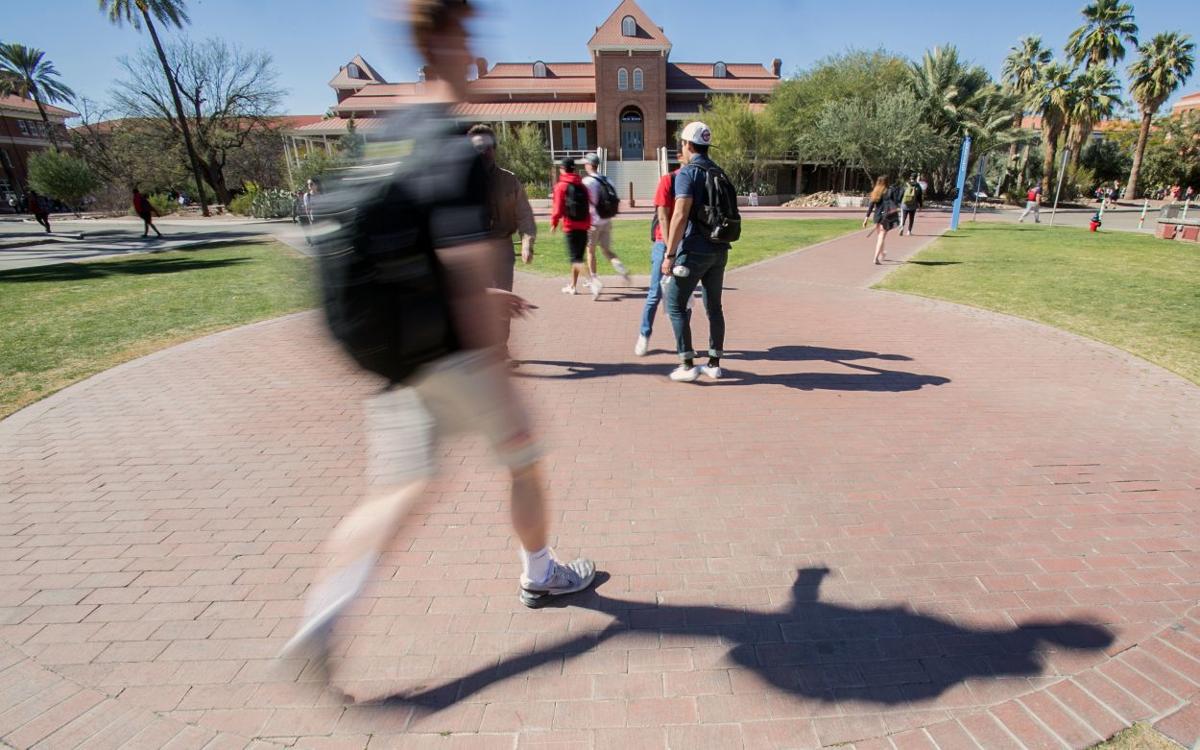PHOENIX — If you’ve got something to say, state lawmakers want to be sure you would be free to say it anywhere you want on college and university campuses — as long as you do it outside.
With no debate, the House on Tuesday approved two measures designed to not only guarantee the right to free speech but also the right to not be shunted off to some corner of the campus.
HB 2615 spells out that, with limited exceptions, community colleges and state-run universities cannot limit where the right of free speech can be exercised. The legislation applies to common areas of campuses and not inside the buildings themselves.
Rep. Anthony Kern, R-Glendale, said the measure is a direct outgrowth of his experience when he was younger, trying to hand out material about his church at Glendale Community College. He said college officials shunted students off to a designated “free speech zone,” a place that was nowhere near the people his group was trying to reach.
In essence, Kern said, his legislation makes the entire campus a “free speech zone.”
The University of Arizona does not restrict free speech on campus.
Rep. Paul Boyer, R-Phoenix, said his HB 2548 has the same purpose.
“I’m actually grateful that our public universities don’t have free speech zones,” he said.
“But our community colleges do,” Boyer continued. “And I want to see those free speech zones go away.”
Boyer’s measure, however, has something that Kern’s does not: teeth.
HB 2548 permits the attorney general or any person who believes his or her “noncommercial expressive activity” was blocked on a college or university campus to file a lawsuit.
But Boyer backed away from his original proposal, which required a court to award at least $500 to a person who wins such a lawsuit, with another $50 a day for every additional day those speech rights were denied. Instead, the only thing a court could do is order a school to allow the speech and enjoin it from enforcing any restrictions or policies that limit someone’s First Amendment rights.
As with the other measure, HB 2548 does allow schools to have policies that limit the time, place and manner of such speech, but “only if those restrictions employ clear, published, content- and viewpoint-neutral criteria and provide for alternative means of expression.”
But it does not permit schools to break up an event or demonstration, particularly for students and faculty, saying any rules must “allow for members of the campus community to spontaneously and contemporaneously assemble.”
Both measures need a final House roll-call vote before going to the Senate.
Even without the legislation, there is litigation.
The Alliance Defending Freedom is representing two students who said Paradise Valley Community College is illegally requiring groups to get permits and provide prior notice. The policy also restricts those who want to demonstrate or hand out literature to certain areas of the campus.
College officials have denied they are violating anyone’s rights.





